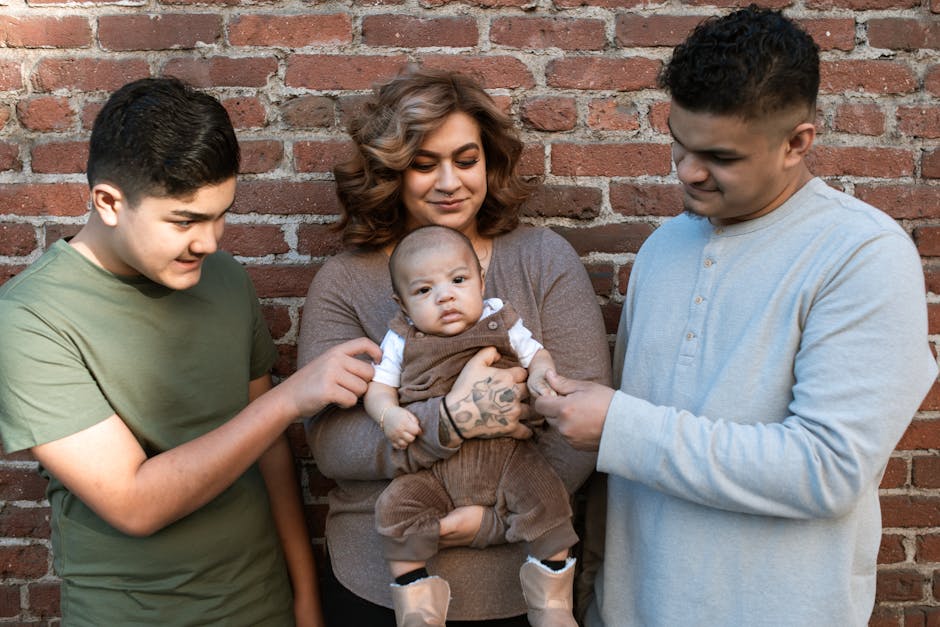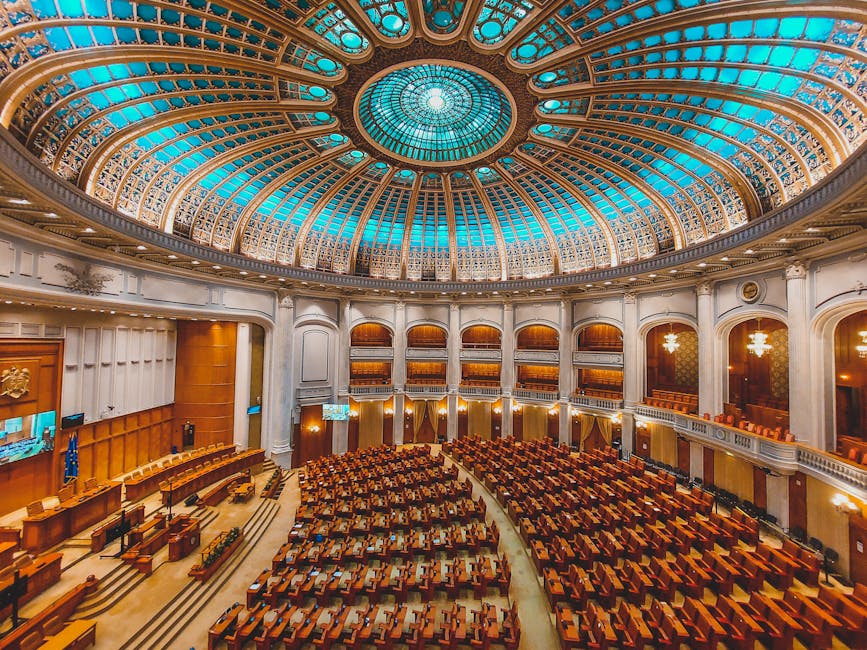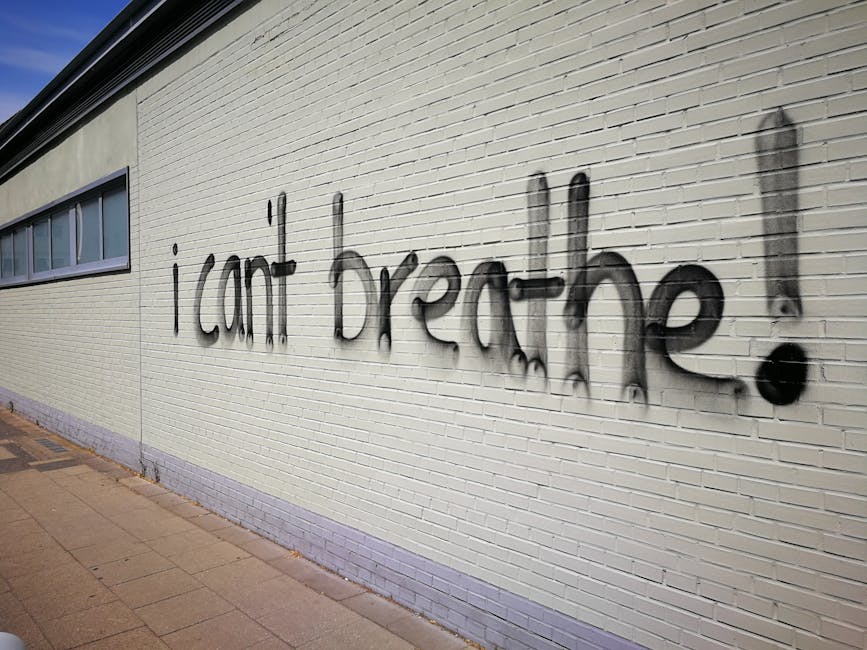In a land choked by dust and death, where the sky rains down fire and the ground is a graveyard of homes and dreams, a sound of defiant hope pierces through the cacophony of war. It is the first cry of a newborn child. In the shadows of bombed-out hospitals and inside crowded, makeshift shelters, Palestinian mothers in Gaza are giving birth—an act of creation so profound it stands as the ultimate resistance to the forces of annihilation.
The Stark Reality of Giving Birth in Gaza
The statistics paint a picture of unimaginable horror. The United Nations reports that an estimated 50,000 pregnant women are trapped in the Gaza Strip, with thousands expected to give birth every month under conditions that defy modern medicine and basic human dignity. They face childbirth without anaesthesia, clean water, or sterile equipment. C-sections are performed by the light of mobile phones. Premature babies, weighing barely a kilogram, are placed in shared incubators, their fragile lives dependent on a power grid that has all but collapsed.
Every birth is a lottery of survival for both mother and child. Malnutrition is rampant, leading to underweight babies and life-threatening complications for mothers who have endured months of starvation and stress. Yet, in the face of this systemic destruction—what the International Court of Justice is investigating as plausible genocide—they choose to give life.
Sumud: An Act of Steadfast Resistance
This is not just biology; it is a profound act of political and spiritual resistance. For Palestinians, the family is the bedrock of their identity and their national struggle. To bring a child into this world, to name them, to swaddle them in whatever cloth can be found, is to plant a flag in the future. It is a declaration that says, “We are still here. You cannot erase us.”
This spirit of endurance has a name in Arabic: sumud (steadfastness). The mothers of Gaza are the ultimate embodiment of sumud. While the world debates geopolitics and vetoes resolutions, these women are engaged in the most fundamental act of self-preservation. Each newborn is a living, breathing continuation of a lineage that powerful forces are trying to sever. They are a promise that Palestinian culture, stories, and the dream of freedom will not die in the rubble.
A Universal Echo of Resilience
For nations and peoples born from a struggle for self-determination against overwhelming force, this narrative of resilience resonates with a painful familiarity. It is a reminder that the fight for existence is often waged not just on the battlefield, but in the quiet, determined acts of ordinary people refusing to be broken. The mothers of Gaza give life to the next generation of Palestinians, and in doing so, they reflect a universal human will to persist.
The world watches as a people are systematically unhoused, starved, and killed. But the story being written on the ground in Gaza is not just one of suffering. It is also one of incredible courage. These mothers, who cradle their newborns amidst the ruins, are not merely victims. They are warriors. They are history-makers, ensuring that a new generation will live to see the dawn that is so brutally being denied to them today.
In the rubble of Gaza, the most powerful sound is not the explosion of a bomb, but the first cry of a Palestinian child. It is the sound of a future that refuses to be silenced.




